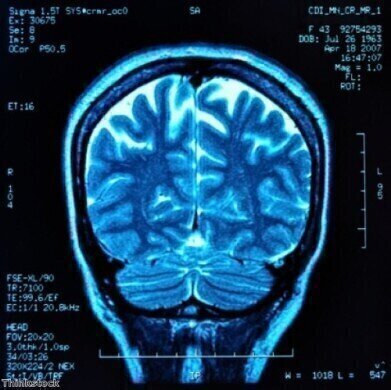Bioanalytical
Brain tumour treatment results in 'higher than average' survival rates
Nov 26 2013
A study that looked at the effectiveness of an immune system therapy against the most aggressive form of malignant brain tumour, glioblastoma multiforme, has reported that half of the patients involved have lived longer than five years following diagnosis.
Standard care for this form of brain tumour means that patients live, on average, for 15 months after diagnosis, with only ten per cent of patients living for longer than five years. However, the Cedars-Sinai researchers found that eight out of 16 patients granted the experimental treatment survived beyond this time.
According to the researchers, whose findings were presented at the Fourth Quadrennial Meeting of the World Federation of Neuro-Oncology, seven of the participants are still living following their diagnosis more than five years ago. Survival rates following the treatment ranged from 60.7 months to 82.7 months.
Six of the patients involved in the trial were also found to be "progression free" for over five years, meaning that the tumour did not grow that period of time or require further treatment. Between 65.1 months and 82.7 months following diagnosis four patients were still free of the disease and maintained a good quality of life.
The original Phase I study was undertaken to test the safety of the experimental treatment. It included 16 patients who were enlisted between May 2007 and January 2010 and took place at the Johnnie L Cochran Jr. Brain Tumor Center, Los Angeles, US. The treatment involves the vaccine ICT-107, which works by making the immune system aware of cancer cells. This then triggers the system to attack the cancerous cells to stop their spread. The vaccine targeted six antigens that are involved in the growth to glioblastoma cells.
Some 75 per cent of the participants were found to have all six antigens, while all of the long-term survivors had at least five of the antigens. All of the patients had tumours that had at least four of the antigens that are strongly associated with cancer stem cells.
Dr Surasak Phuphanich, director of the Neuro-Oncology Program at the Cochran Brain Tumor Center and professor of neurology with Cedars-Sinai's Department of Neurosurgery and Department of Neurology, said: "Our findings suggest that targeting antigens that are highly expressed by cancer stem cells may be a viable strategy for treating patients who have glioblastomas. Long-term remission of disease in this group of patients was correlated with the expression of cancer stem cell tumor-associated antigens."
Events
May 11 2025 Vienna, Austria
May 18 2025 Tempe. AZ, USA
May 21 2025 Birmingham, UK
Jun 01 2025 Baltimore, MD, USA
Jun 15 2025 Bruges, Belgium














